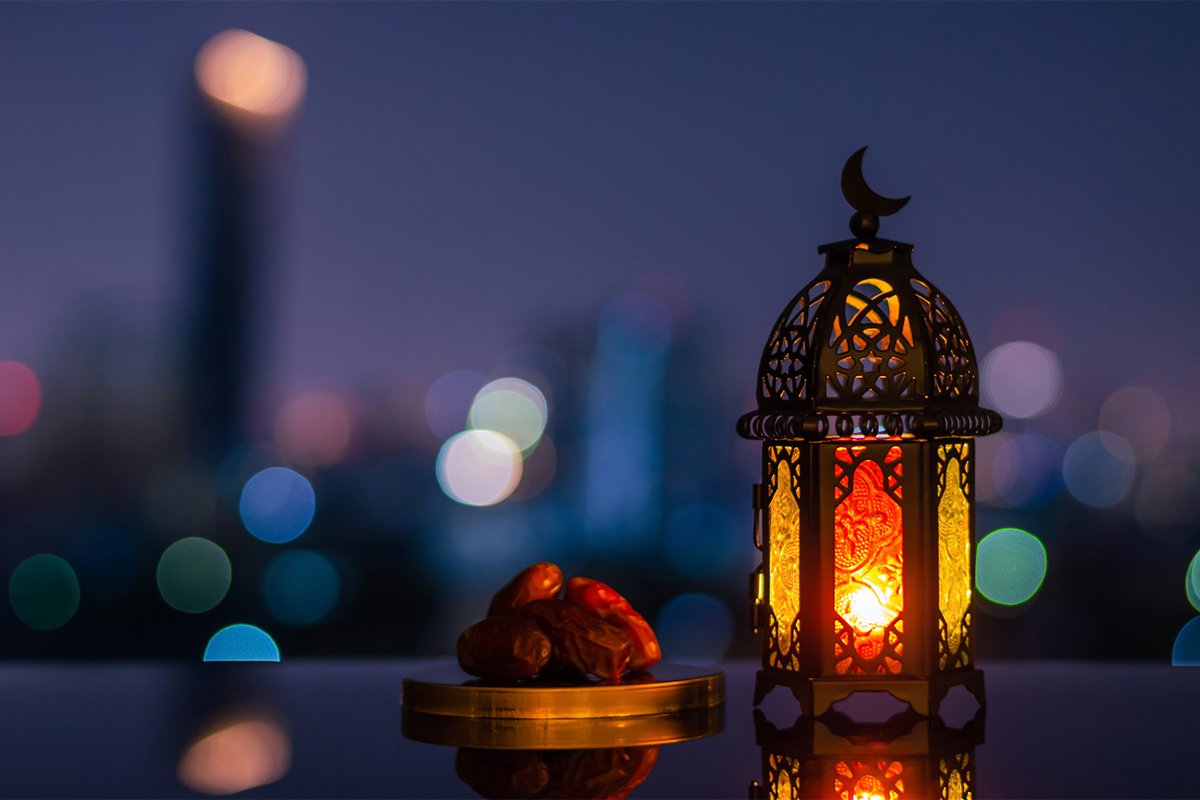Ramadan
"O you who believe, fasting is prescribed for you as it was prescribed for those before you, that you may develop God-consciousness." [Quran 2:183]
What is Sawm / Fasting?
Before we have a look at what it is and what it means, let’s look at the definitions. Linguistically, it means ‘to abstain.’ When looking at it Islamically, it means ‘to abstain from food and drink and sexual intercourse from dawn until dusk with the intention of fasting.’ It is the act of fasting to remind Muslims of the less fortunate and to reinforce the need to be thankful.
Why Do Muslims Observe Fasting?
Fasting is the fourth pillar of Islam, when fasting in Ramadan, it is honouring that pillar. More importantly, it is done so to gain the pleasure of Allah, to obey what He has commanded us to do.
It is believed that by abstaining from certain things during the blessed month, Muslims are able to cleanse their minds and souls and are able to dedicate more of their time in the worship and remembrance of Allah SWT.
Types of Fasting
There are two types of fasting;
Obligatory: Fasting during Ramadan & the Qadah fasts of Ramadan
Voluntary fasts.
It is important to remember, that whenever fasting, making the intention to fast is very important.
Who Needs to Fast?
Fasting is obligatory on the following:
Adult
Sane
Muslim
Healthy and fit to fast
Not on any medication
Not travelling
Those Who are Exempt?
Those who fasting is not obligatory on the following:
Pre-pubescent children
The elderly
Those who are on medication
Menstruating women
Women who are pregnant
Women who are breastfeeding
The ill do not need to fast during Ramadan, especially if their illness would increase with them fasting.
The traveller is also exempt from fasting, but if he has the capacity to do so, he can.
When Do Muslims Observe Fast?
At the end of the 7th month Sha’ban in the Islamic Calendar, on the 29th day, Muslims will seek the new crescent to indicate Ramadan. If they are able to see it, they will fast the following day. However, if they are unable to see the new crescent, they will complete the 30 days of Sha’ban and fast on the first day after that.
Who Can Site the Moon?
There are a few scenarios pertaining to this:
If the sky is cloudy, the Imam will accept the testimony of a single, honest person, be it a male or a female.
If however, the sky is clear, then it is necessary that a large group of people site the moon, in order for their testimony to be accepted.
Additional Issues Relating to Fasting
What breaks the fast?
Having sexual intercourse with one’s spouse
Eating or drinking until they become full
What does not break fast?
If someone forgetfully eats, drinks or has sexual intercourse with their spouse, their fast is not broken
If someone vomits a mouthful or more, not deliberately, his fast is not broken.
Do Inhalers break fast?
If an inhaler is used and the moisture of that or any other medication travels to the stomach, through the nose or the mouth, the fast is invalidated.
Fidya and kaffarah
What Is Fidya?
Fidya is something which is given by those who are exempt from fasting during the month of Ramadan. It is an obligation on them to pay this. There are two ways in which this can be done, they are:
Monetary value - donations are given to those living in hunger
Making up missed fasts
It is preferred for those who miss their fasts in Ramadan, to make up their fast when they can rather than pay Fidya.
What is Kaffarah?
If the person has broken their fast intentionally during the month of Ramadan, they are liable to pay Kaffarah. This can also be done in two ways:
Monetary charity to those in need
Making up the fast
If they are making up the fast, they must fast 60 continuous days for every one fast that was broken intentionally
OR pay 60 days worth Fidyah per day that the fast was broken intentionally.
End of Ramadan
When the new crescent is sighted in Makkah on the 29th day of Ramadan, Eid ul Fitr is celebrated the next day. If the moon is not sighted on the 29th day, Muslims will continue to fast until the 30th of Ramadan and Eid ul Fitr will be celebrated the next day, bringing the blessed month of Ramadan to a close.
Find Out More
If there are certain issues regarding the month of Ramadan, it is advised to speak to someone who is knowledgeable in the topic. On the other hand Al Miftah Aid is here to help, you can contact us to find out more information regarding subjects and any of our Ramadan projects.

